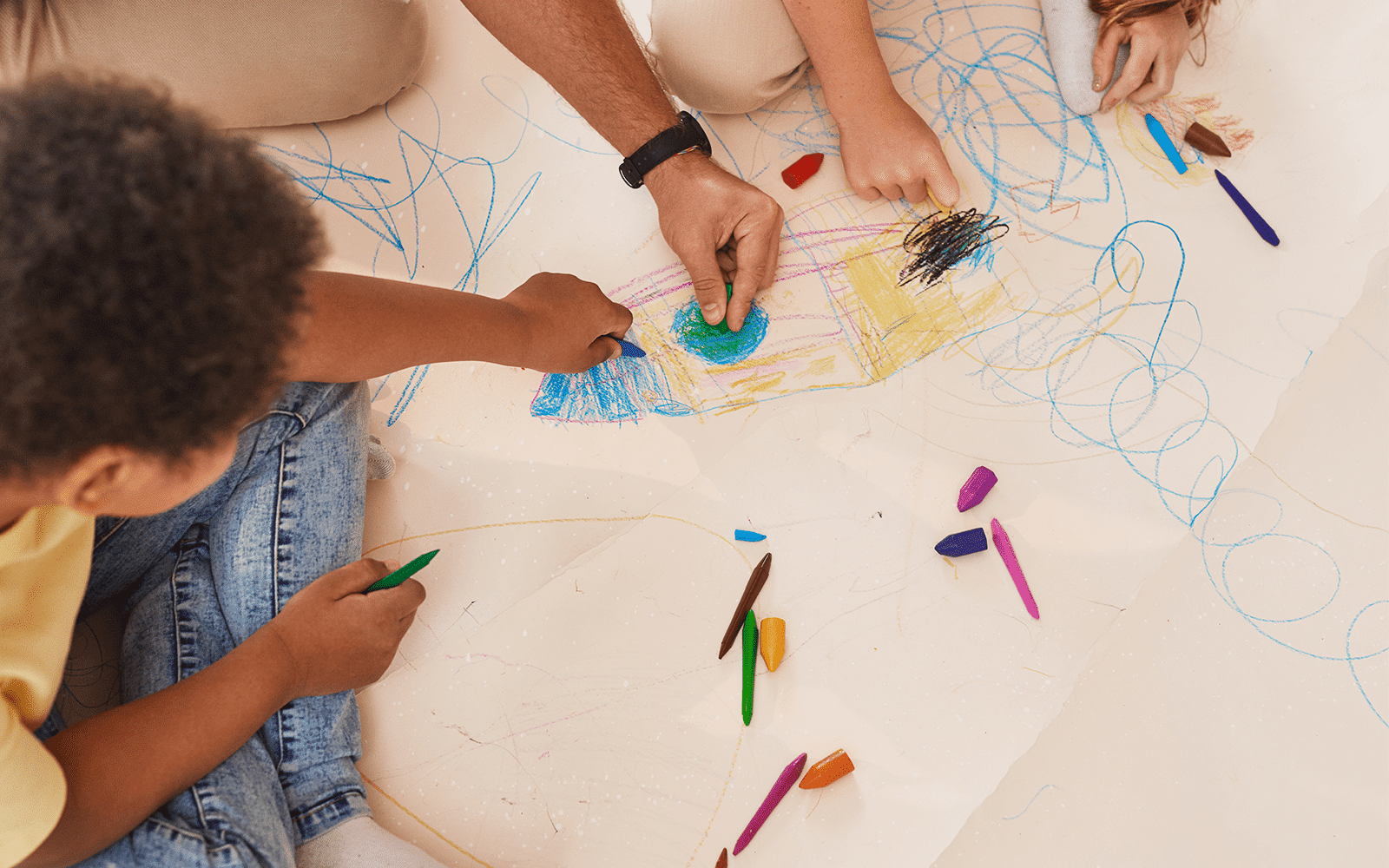On behalf of Start Early and Raising Illinois, I am honored to share our new report, the Infant & Toddler Child Care Roadmap, and shine a light on the urgent need to expand high-quality child care options for families with children under age 3 in Illinois. The infant-toddler child care crisis is acute, as current capacity of licensed child care in the state provides access to only 17.4% of all infants and toddlers, and unfortunately, the problem has only worsened since the COVID-19 pandemic began in spring 2020.
In fall 2021, a cross-divisional team from Start Early sought out to answer the question “what would it take for Illinois child care providers to expand their services to more infants and toddlers?” Our team conducted a literature review, researched approaches from other states, and most importantly, directly engaged child care professionals to learn about the challenges they experience providing infant-toddler care and their ideas for solutions.
The final Roadmap includes a detailed summary of our findings, as well as seven community-informed recommendations for increasing access to infant and toddler care in Illinois. As anticipated, themes emerged around workforce issues and cost of care, but we also heard a lot about supports for children with disabilities and staff and families with mental health concerns, community engagement, negative perception of the early childhood field and data.
As I reflect on the many conversations we had with child care owners, teachers and Child Care Resource and Referral staff, I’m reminded of the incredible strength, perseverance and dedication of our child care community, especially considering the unprecedented challenges presented by the COVID-19 pandemic. It was eye-opening to hear how physically and intellectually demanding infant-toddler care can be and how common it is for child care programs to only break even or lose money when operating infant-toddler classrooms, highlighting how unsustainable our current economic model of funding child care is. Many professionals we spoke to also shared that, despite what we know about the critical importance of the first three years of life, their work with infants and toddlers is often devalued. They acknowledged a prevailing sentiment among the general public and even within the field that it takes less skill and education to teach and care for babies and toddlers, and that what they do is “just babysitting.” Indeed, our research found that on average, teachers who work with infants and toddlers earn $1.40 less per hour than their counterparts working with preschool-aged children.
The professionals who care for and teach the youngest children, during the most significant time in their developmental trajectory, deserve more from us. Children and families deserve more too. We invite you to read the Roadmap and reflect on the words of the child care professionals who contributed to the project. What can you do to raise awareness about this issue and show support for child care professionals and families? How can you help advance the recommendations in the report? If you need help coming up with ideas, consider joining the Raising Illinois coalition.
I’ll close by offering gratitude to everyone who participated in our focus groups, surveys, community conversations and otherwise contributed to this project. We look forward to sharing more about the Roadmap in the coming weeks and months, and our progress toward advancing the recommendations. Stay tuned!


